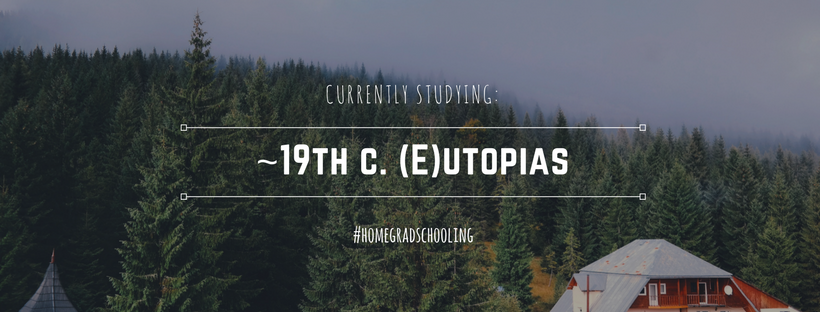I haven't posted in a while because my history research has been put on hold for another project. I'm currently building a website for a future-non-profit I'm building, called Executive Dysfunction Research and Advocacy (
Facebook,
Facebook Group,
Twitter). Basically for the last 5 and a half months I've been neck deep in research papers about Executive Functions, and taking infinite notes and doing a bunch of writing. And someone in a different Facebook group (
Ologies Podcast) today asked folks for academic writing advice. I started to answer it over there, until I realized that I should probably just turn it into a proper post here. It took me a couple months to develop this system, but it seems to be working well for me now!
First off, I put the paper into
Mendeley and I have been using
Microsoft OneNote to take my notes. I have Mendeley downloaded on both my windows computer & my boyfriends Macbook which I occasionally borrow, and I have OneNote downloaded on my desktop, and use it via the browser when I'm on on the Macbook, so I can work from either device, which is nice!
I have different sections for the different executive functions (EFs), and then within each section, I have notes for each source, and I also do my writing drafting in there too.
To be honest, most of my notes at this stage is just me copy/pasting parts I think I may reference or quote later, and putting it into OneNote. I try to bold the parts that will help me quickly see where I should put that bit of text in my note outline later.
After MONTHS of dealing with some papers being horribly formatted so that when I copy/pasted text it included excessive and nonsensical line breaks. For a long time I was using
Notepad++. When I pasted something and it looked like that, I would then cut it again, then paste it into Notepad++, then selected all, then ctrl + J to remove the line breaks, then I'd paste it back into OneNote. That's incredibly tedious though, and just last week I found something else instead!
Now, I've installed
PDF Copy Paster, and instead of reading within Mendeley itself, I just right click a paper and select "Open File Externally." That opens the pdf with Adobe Reader. Then, when I copy/paste, all the line breaks are AUTOMAGICALLY removed! So, that's a nice time saver. But I still have an unbelievable amount of ex- essive hyph- enizations like this that dr- ive me ban- nanas, but since I don't feel like adding another step to put the text into Word or something and doing a search & replace (does that work if you just want to delete a hyphen and the space after it?), I just suffer with it for now. (And I do mean suffer. UGH the red squiggles make it even worse!)
Anyway, the next step involves another new find of mine,
Dynalist. I have folders for each EF, and then a page for each eventual page on the website. I can use bold & check boxes
On each page I start with a general structural outline for the page. Then, after I read each paper (or sometimes after a few), I then put Dynalist on one half of my screen and OneNote on the other, and start copying the text into the outline. I put it in the correct section, and as I find patterns in the notes, or new ideas, I will add new sections to the appropriate pages as needed. I will group quotes into sub-sections based on theme/idea just to make it easier to reference when i get to writing, and to make the notes better managable (as you can collapse sections). So the sub-sub-sections don't necessarily mean they'll have their own bit/section in the writing, it just brings together the bits about the same thing from various sources so I can choose the best quote or better reference the idea when I mention it in the writing (if I do at all).

I don't know if this is the most efficient method or not, but currently, before I start copying my notes over, I type & copy to my clipboard " (1st Author's Surname) ". Then, after I copy the text into the note outline (ctrl + V), I hit (ctrl + shift + v) and then hit the number the author is on (for me it's usually 2). I use
ClipX clipboard manager so that I can have multiple things in my clipboard at once. But this way, even if I move the notes around, I never lose the source.
Then, as I write, I keep my screen split between Dynalist & OneNote, and I work from my notes as I go, checking off the ideas/quotes I use. For me and how my brain works, this is working quite well for me so far! If my system changes in the future, I will update here.
Oh and one last thing! I also have been using
Focus To-Do as my pomodoro timer. It helps me keep track of the passing of time and thus helps keep me from spending too much time on certain tasks, and reminds me to take small breaks throughout the day so that I don't burn myself out.






